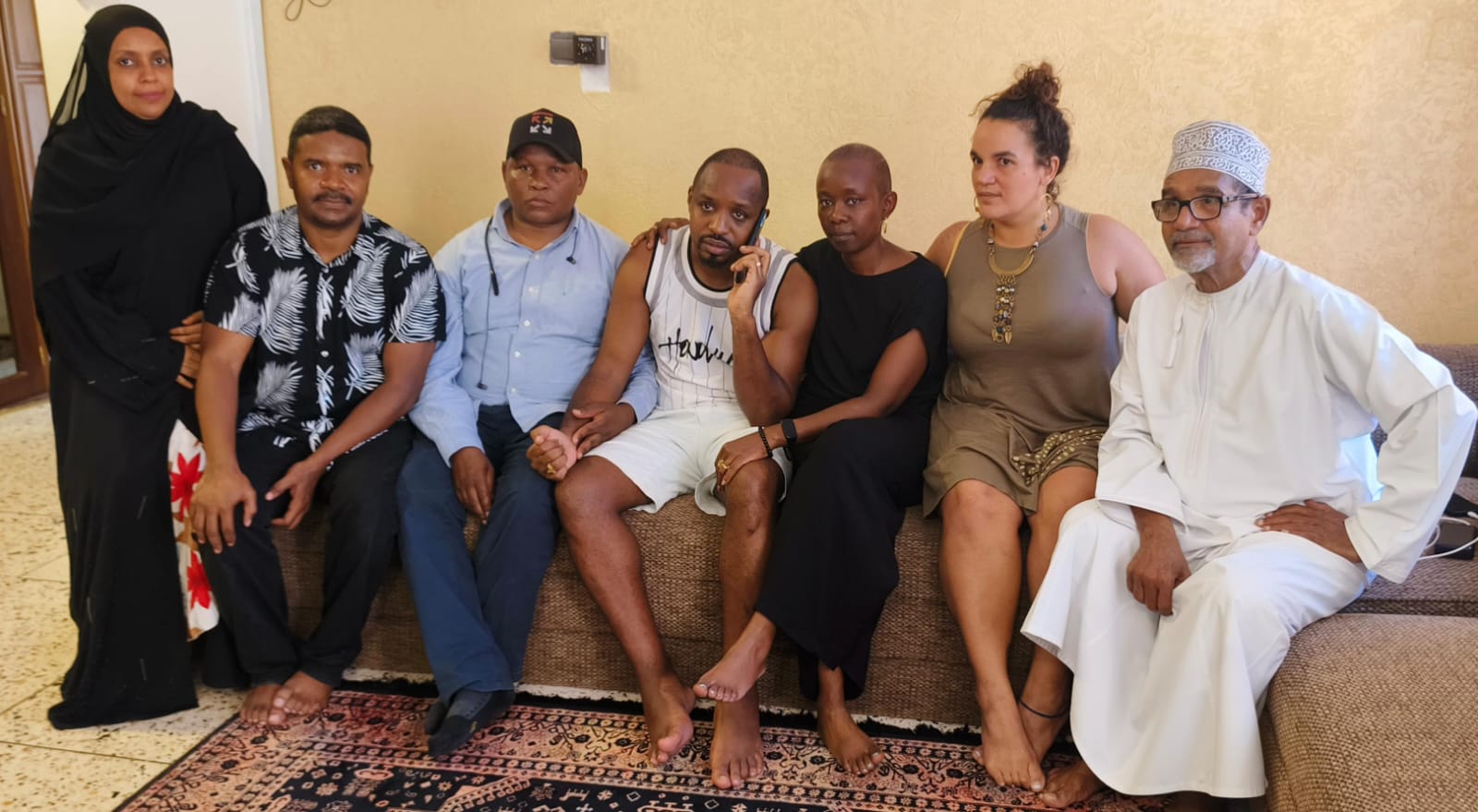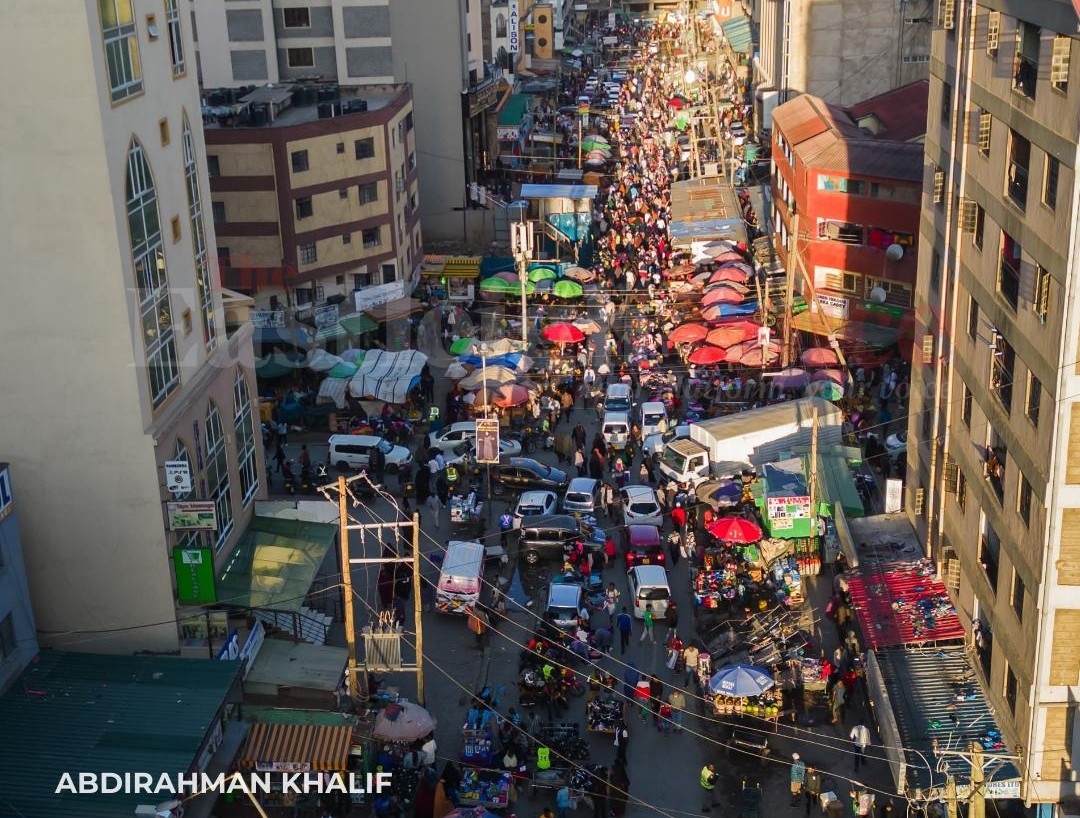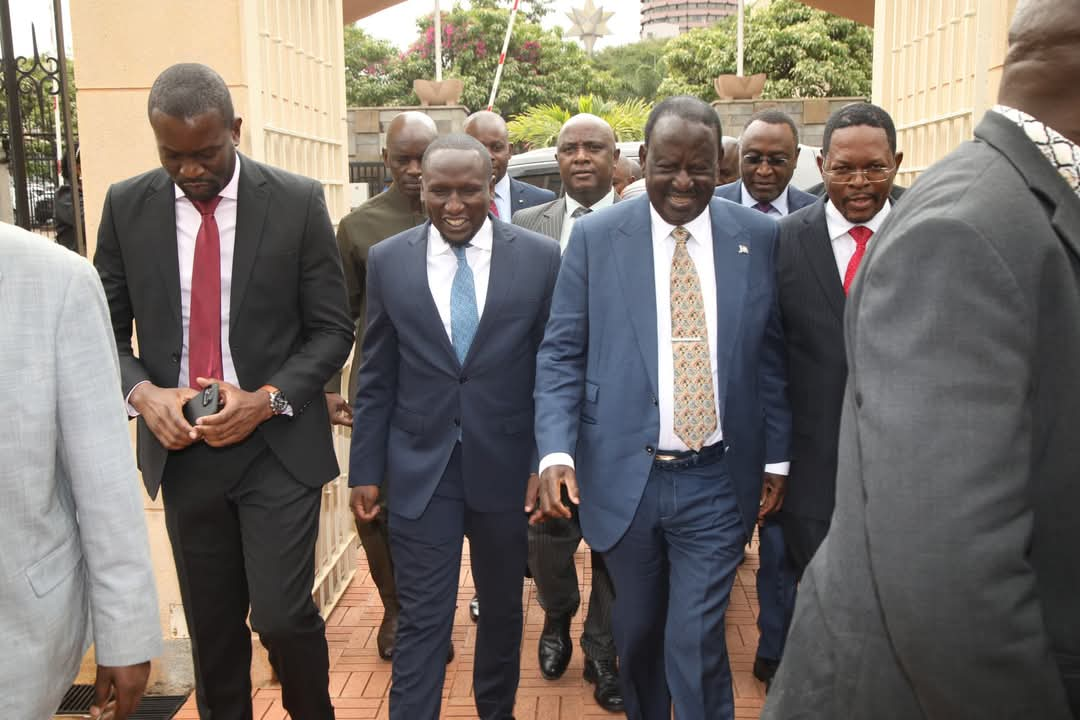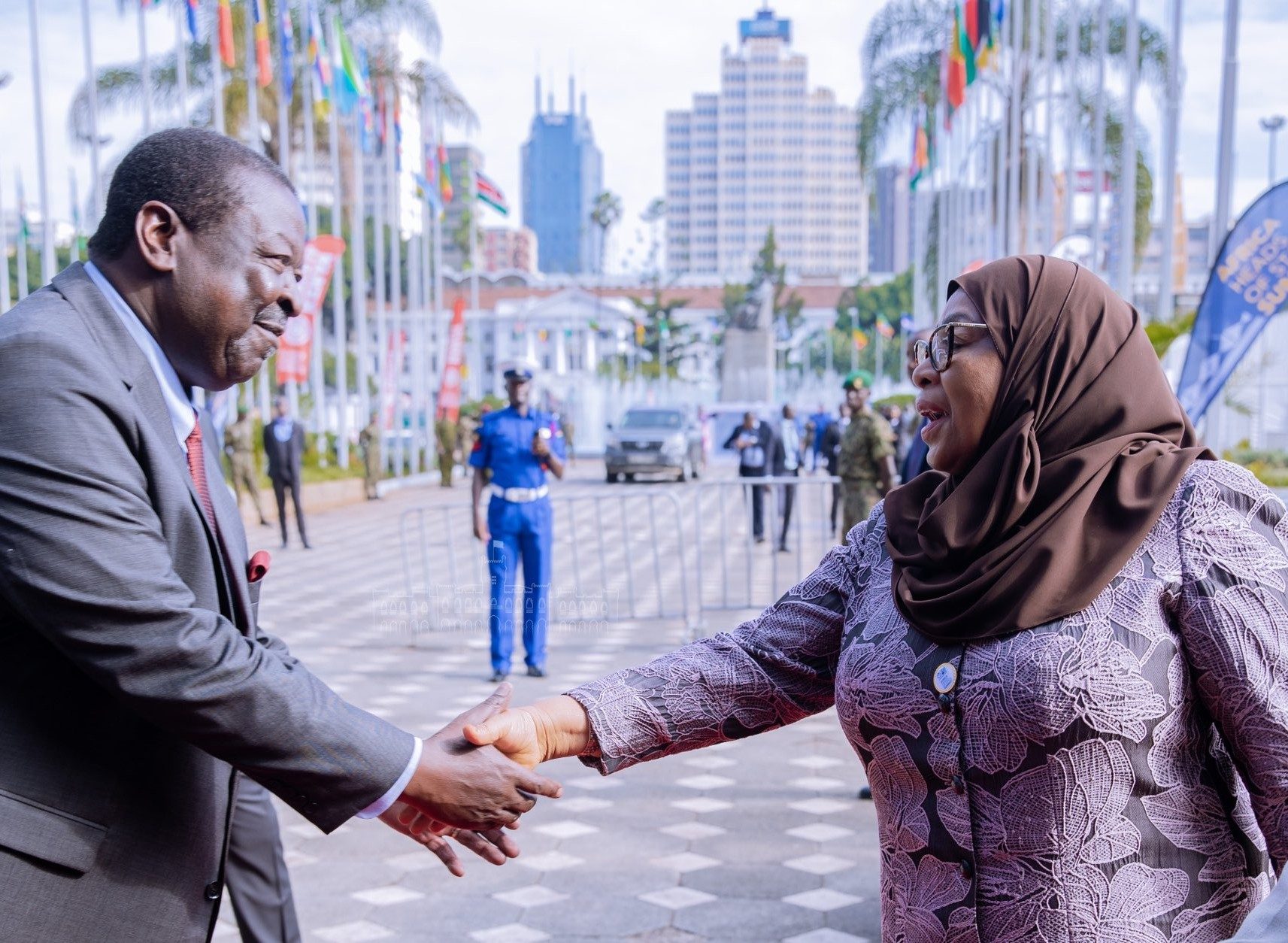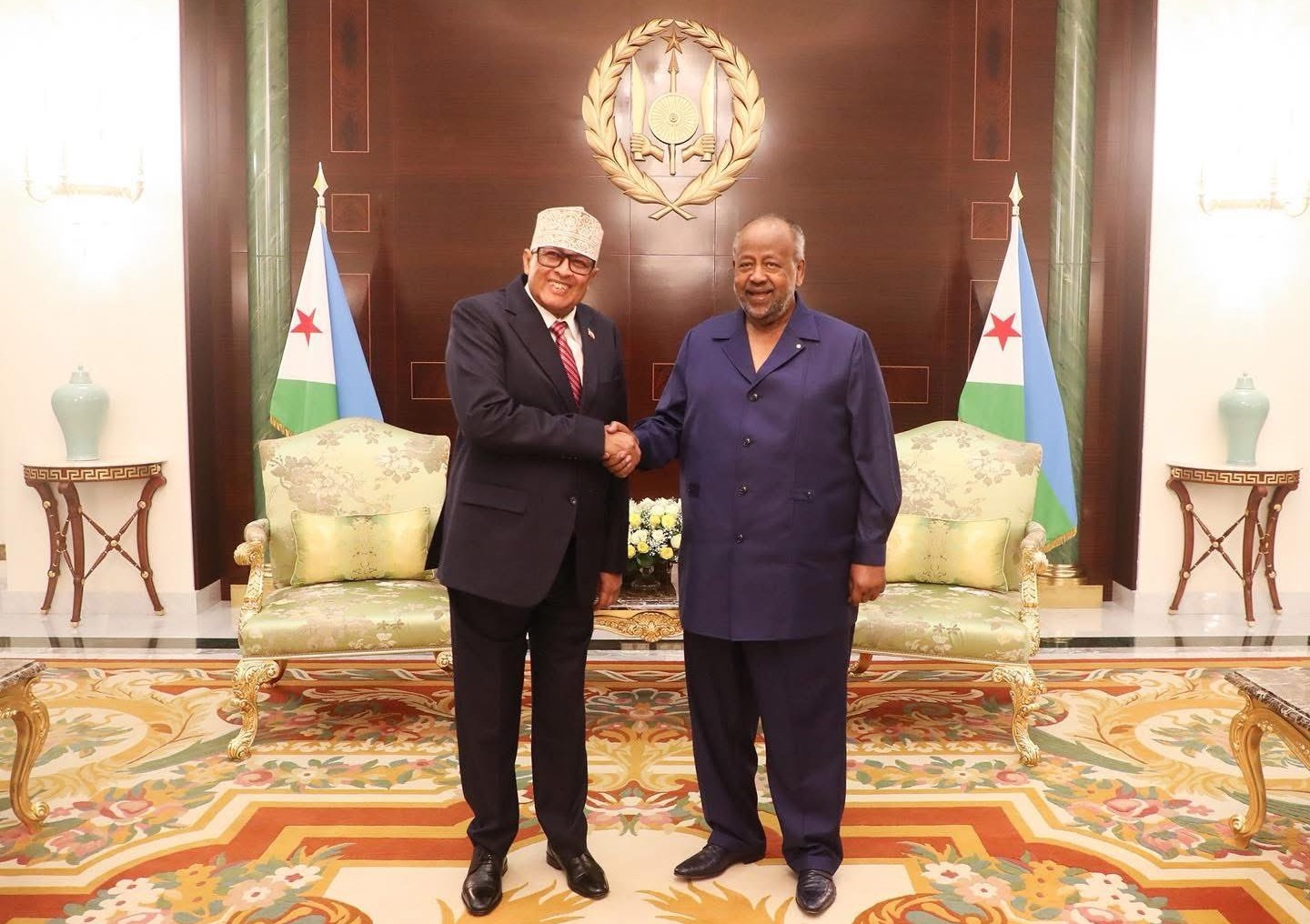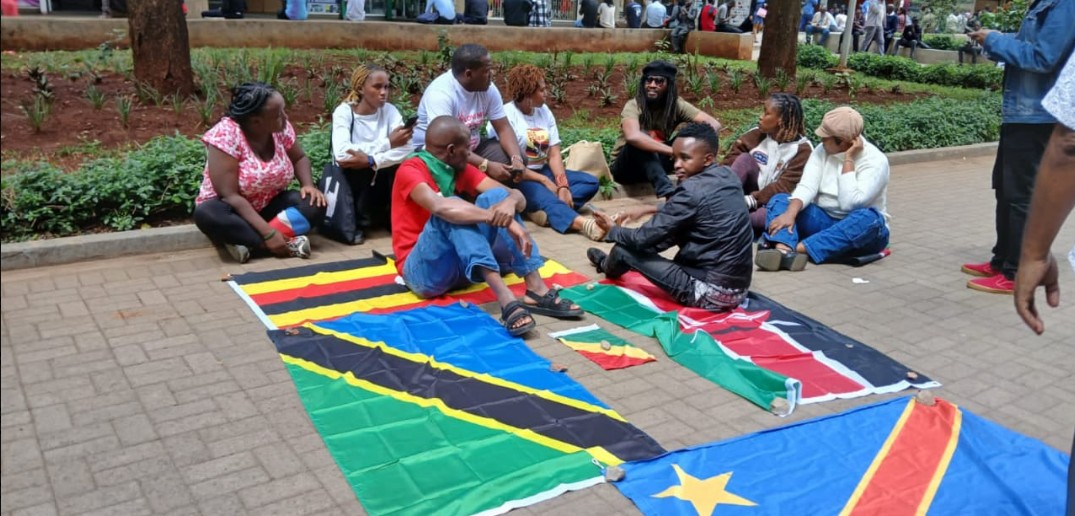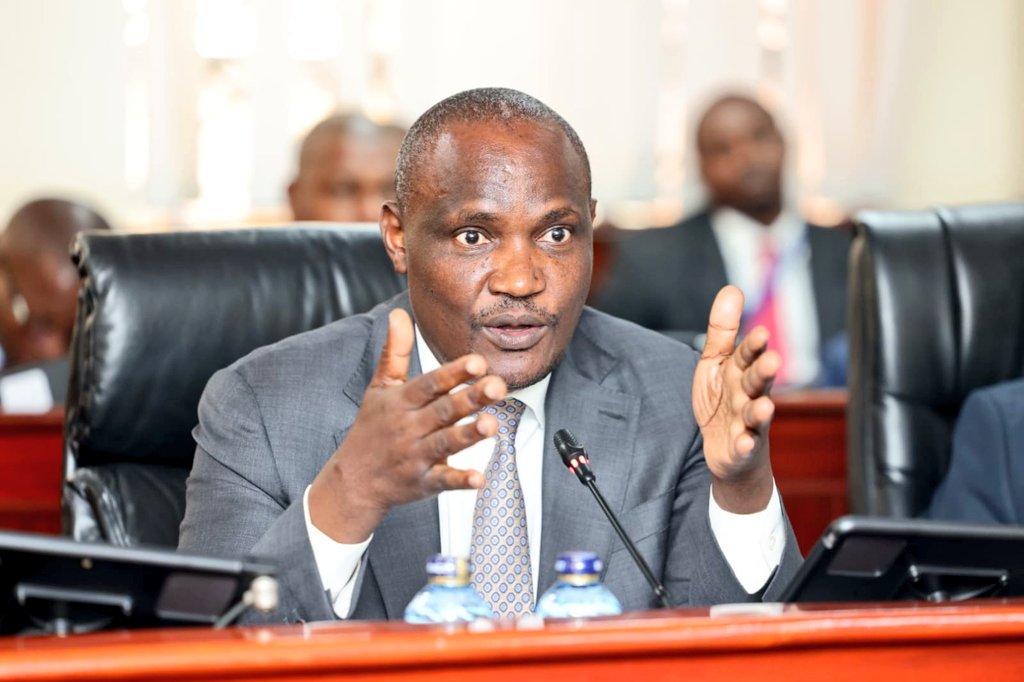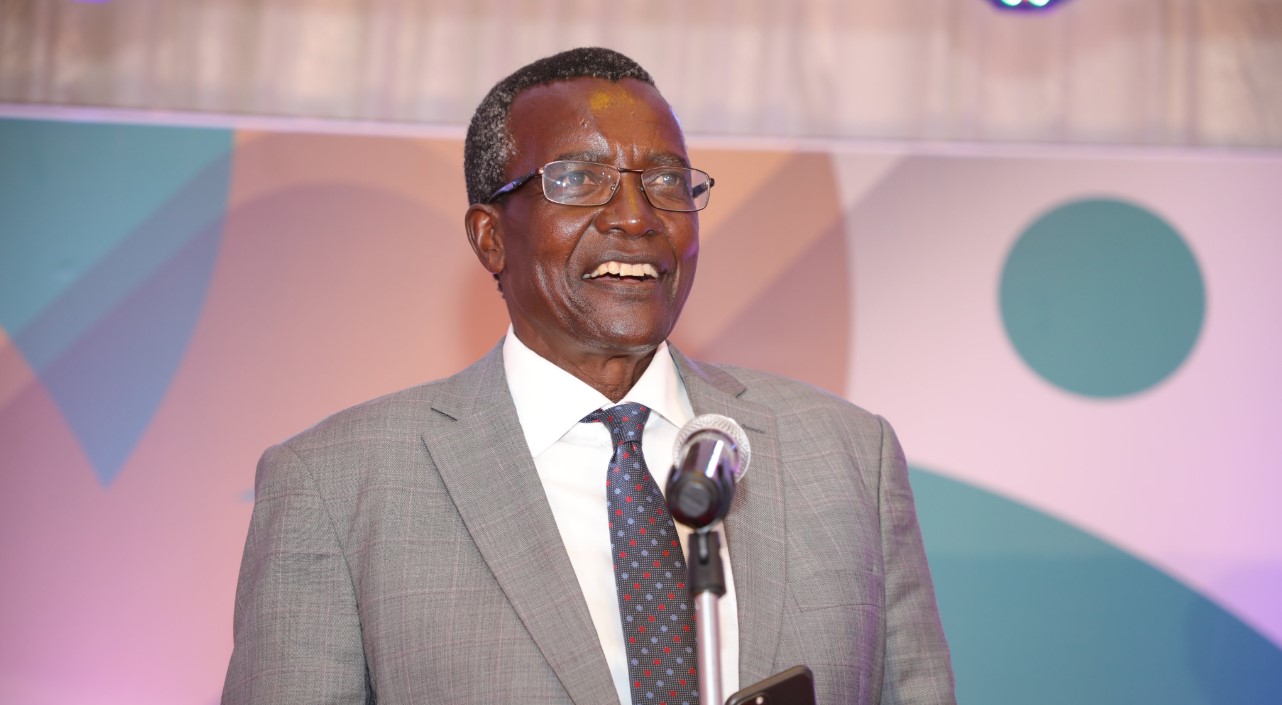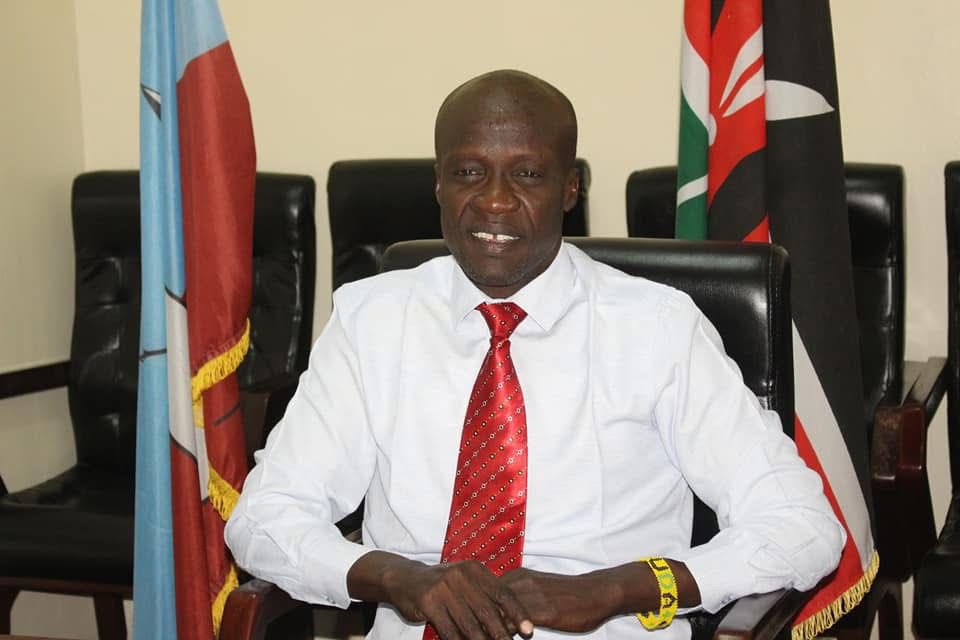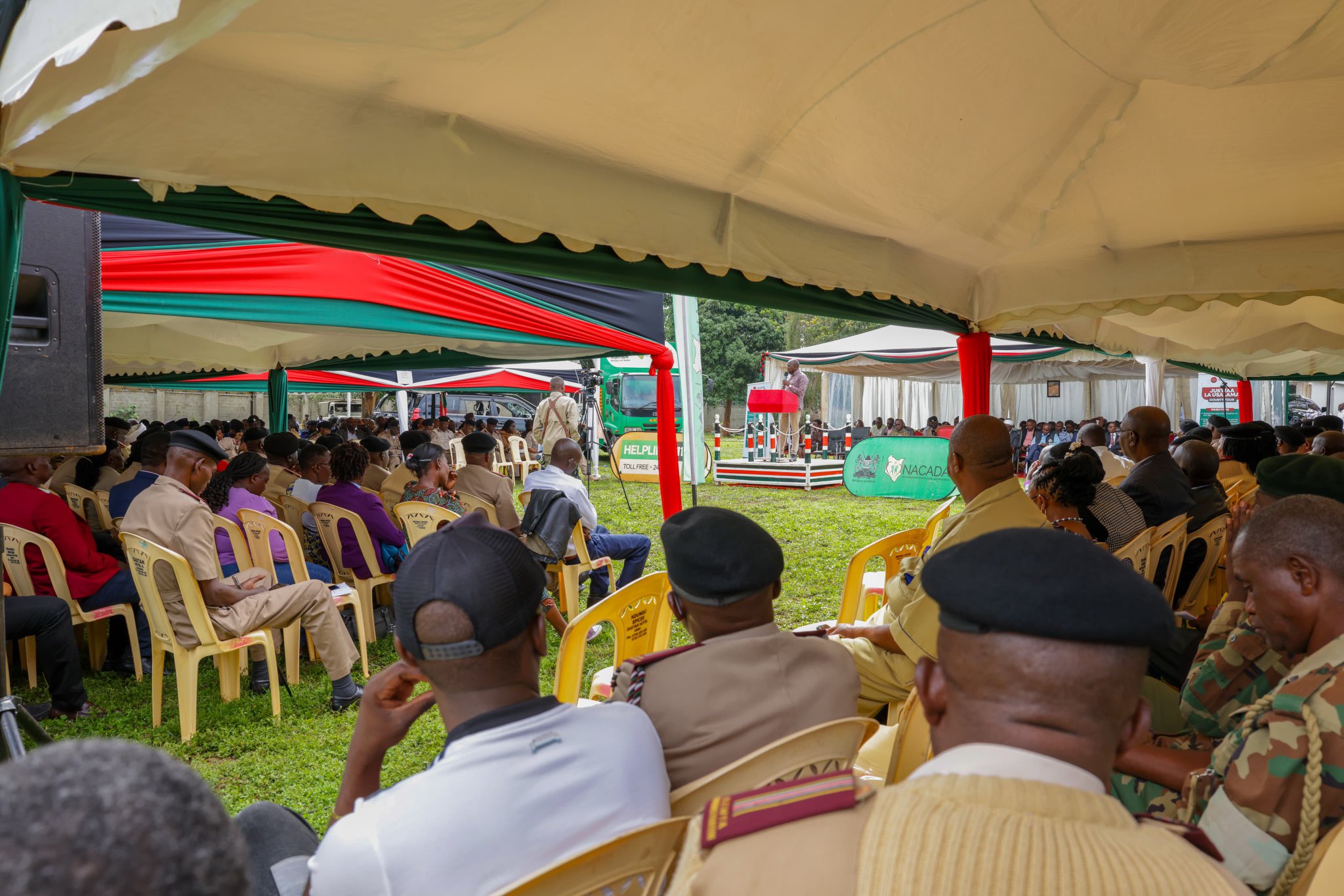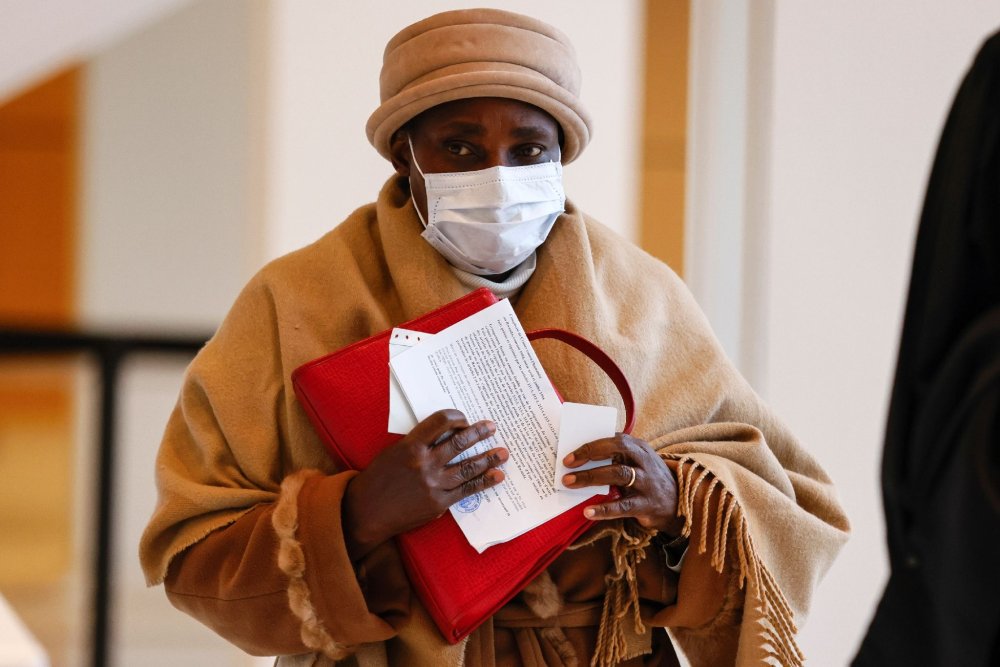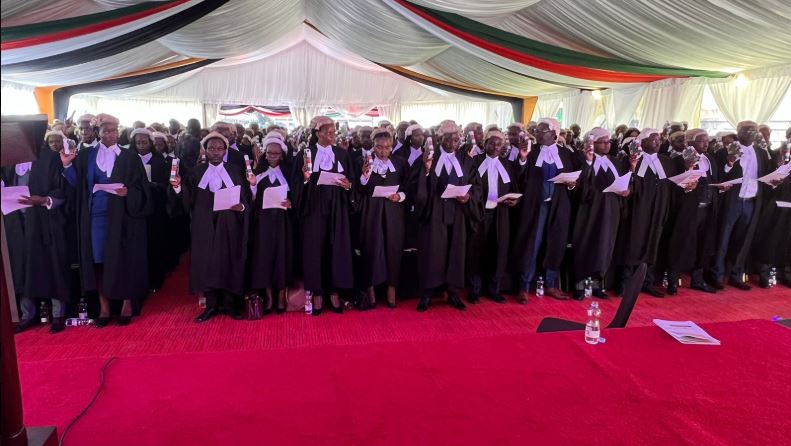Kenya to increase WHO contributions by 20pc as part of global health funding push
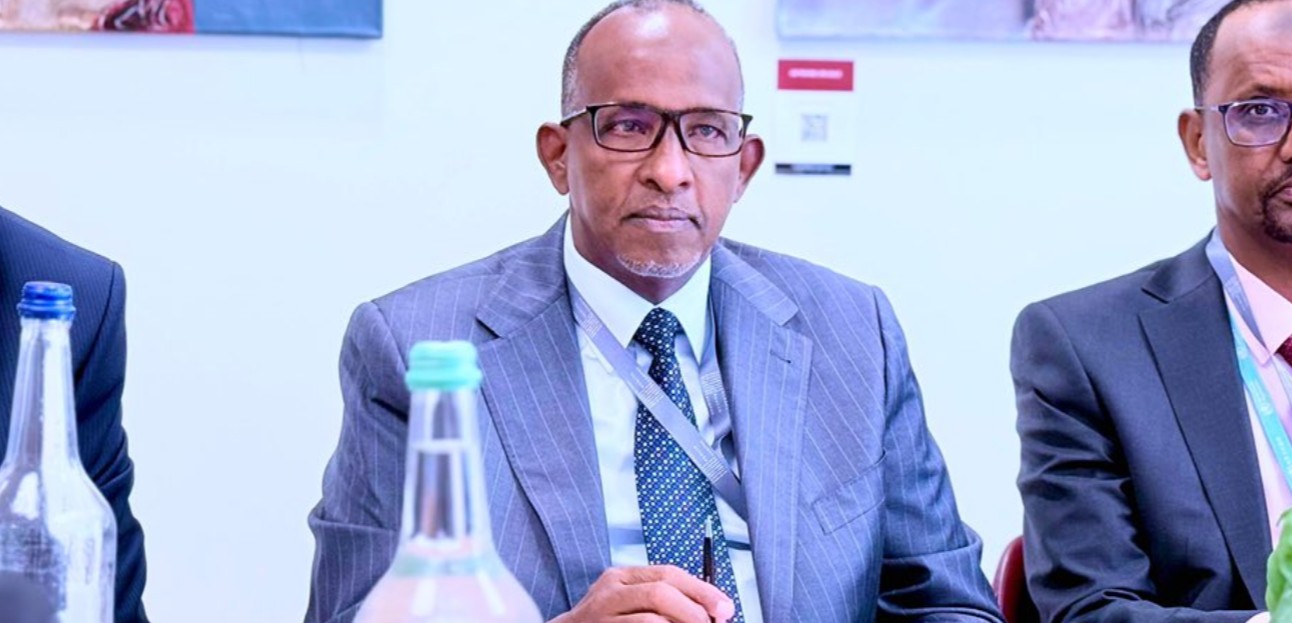
The WHO donor base expanded this year with both long-standing supporters and new contributors providing fresh voluntary funding.
Kenya has announced a 20 per cent increase in its mandatory contributions to the World Health Organisation (WHO), joining other member states in a renewed push to secure sustainable funding for global health programmes.
Speaking during the 78th World Health Assembly in Geneva, Switzerland, Health Cabinet Secretary Aden Duale emphasised that “the revised budget will achieve more impact even with less funding.”
More To Read
- WHO urges global action as medicalised FGM puts millions of girls at risk
- Explainer: Why your child needs that polio vaccine
- Tanzania launches diplomatic push for Prof Mohamed Janabi to head WHO Africa office
- WHO members reach deal on global pandemic preparedness after 3 years of talks
- WHO launches first-ever global guidelines to combat meningitis and save lives
- Aid cuts could leave more women dying in pregnancy and birth, UN says
The increase forms part of the WHO’s Investment Round, which aims to fund the organisation’s 2025-2028 global health plan, known as the 14th General Programme of Work. The four-year strategy is designed to strengthen support to member states and partners worldwide.
WHO funding comes from two main sources: mandatory fees, called assessed contributions, which are based on a country’s economic capacity, and voluntary donations from countries, charities, and partners.
However, assessed contributions cover less than 20 per cent of WHO’s total budget, leaving the bulk dependent on voluntary funding.
Kenya’s gross contribution
For the 2024-2025 period, Kenya’s gross assessed contribution was $356,510 (about Sh46 million).
After applying a credit from the tax equalisation fund, the net amount payable was $344,510 (over Sh44 million), spread evenly over the two years.
Despite this, Kenya’s contribution represents a mere 0.03 per cent of total WHO-assessed contributions, placing it among the lower-tier contributors.
As global health challenges intensify amid tightening financial conditions, WHO members approved a funding increase for the next three years to 2028. This includes an additional $90 million (Sh11.5 billion) in annual income, a key step toward sustainable financing.
Overall, world leaders pledged an extra $170 million (over Sh21 billion) during the Investment Round, highlighting the critical need to bridge funding gaps.
WHO Director-General Tedros Adhanom Ghebreyesus welcomed the pledges, calling them “a testimony that multilateralism is alive and well.”
He was re-elected for another term during the assembly and thanked member states for their generosity despite the difficult financial climate facing global health.
“These funds will help us to preserve and extend our life-saving work,” Tedros said.
Expanded donor base
The WHO donor base expanded this year with both long-standing supporters and new contributors providing fresh voluntary funding. Four African countries made pledges, including Kenya, Angola, Gabon and Tanzania, while others are yet to confirm their commitments.
Among them, Angola was the largest contributor with $8 million (over Sh1 billion), followed by Tanzania with $500,000 (over Sh64 million) in addition to a previous $500,000 pledge, totalling over Sh128 million. Gabon contributed $150,000 (over Sh19 million).
Flexible contributions
WHO also highlighted the importance of flexible contributions, the most valuable type of funding and noted that eight donors included such flexible funding in their pledges.
Four countries gave for the first time, and nearly 8,000 individuals worldwide donated over $600,000 (Sh77 million) through the One World Movement.
This year’s pledging event was marked by the notable absence of the United States, which withdrew from WHO membership under former President Donald Trump’s administration in January 2025.
For the 2024-2025 period, the US was assessed to contribute approximately $260.6 million (Sh33.74 billion), representing 22 per cent of total assessed contributions and making it the single largest contributor in that category.
In addition to assessed fees, the US historically provided substantial voluntary funding. For example, in 2022-2023, the US donated $1.28 billion (about Sh165.72 billion) to WHO’s budget, covering both assessed and voluntary contributions.
The US withdrawal presents significant financial challenges for the WHO.
Funding gap
The organisation anticipates a $600 million (about Sh77.68 billion) funding gap and a projected 21 per cent budget cut over the next two years.
In response, WHO approved a revised two-year budget of $4.2 billion (about Sh543.13 billion) and requested member states increase their mandatory contributions by 20 per cent to stabilise funding.
World leaders in Geneva emphasised the critical need for continued investment and the strategic value of flexible and diversified financing. The approach is essential for the WHO to fill the funding shortfall and achieve its goals for sustainable global health financing.
Top Stories Today
